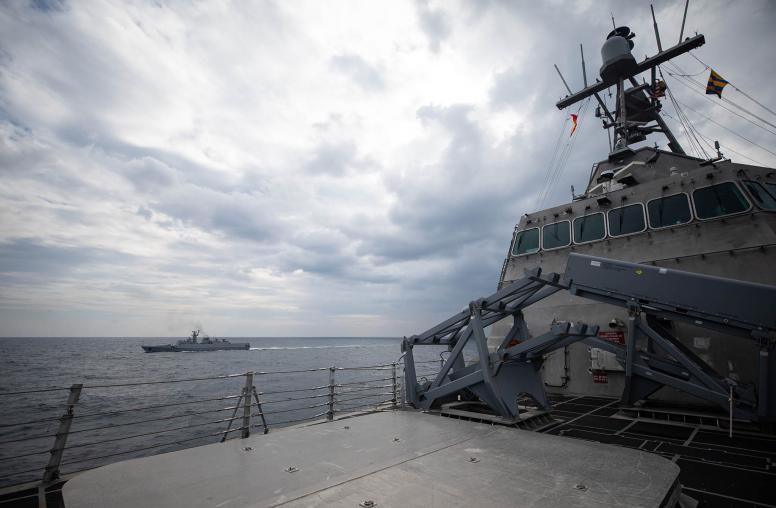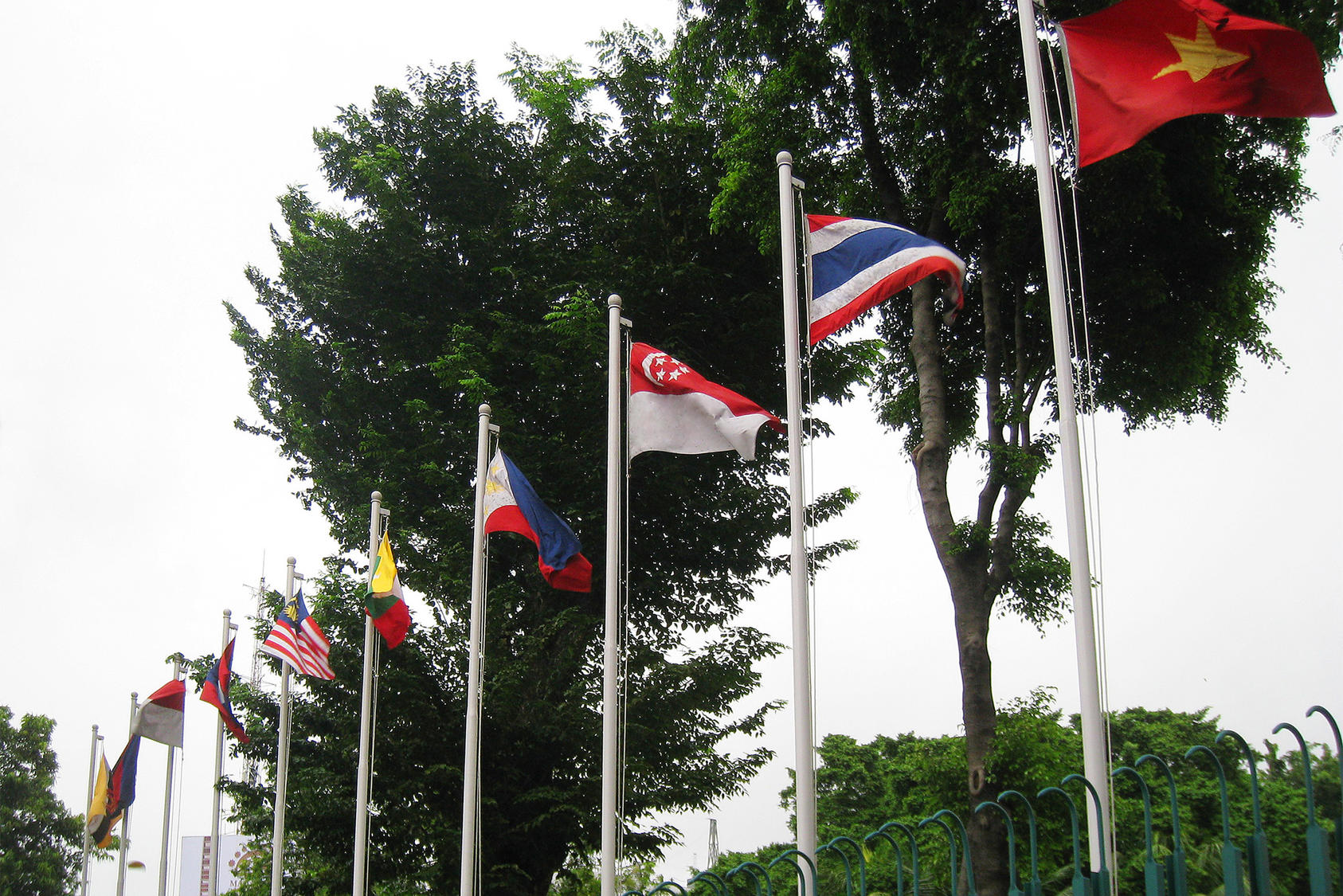
USIP, the East Asian International Relations Caucus (EAIR), the Institute of Diplomacy and Foreign Relations (IDFR), and the Institute of Malaysian and International Studies (IKMAS UKM) brought together scholars from Southeast Asia and the United States for a two-day workshop that examined questions such as: How has U.S.-China competition manifested in Southeast Asia? What kinds of benefits and challenges are presented by this competition? How can the agency of smaller states be understood and assessed in the context of great power competition? What options do states in Southeast Asia have? And what is the role of ASEAN?
The track 1.5 workshop in Putrajaya, Malaysia, in June 2023 provided government officials and regional scholars with the opportunity to discuss what U.S.-China rivalry looks like in Southeast Asia and how they interpreted the rivalry’s significance for individual states and the region collectively. The attendees offered their assessments in the form of an essay series that offers the vantage points of all 10 ASEAN member-states. The inclusion of all 10 helps correct a still-too-common focus on a select few states — specifically those that tend to align with Washington — as though they represent the complete Southeast Asian view.
Program Description
This ongoing USIP essay series seeks to explore the agency of Southeast Asian states and their policy options in the context of U.S.-China competition. The essays will examine whether there are domains (e.g., economic or security) where ASEAN states experience more or less pressure stemming from strategic rivalry.
A key theme that spans these essays is the risks and opportunities presented by strategic competition and how Southeast Asian states approach managing that competition to serve their interests. In other words, what does Southeast Asian agency look like amid strategic rivalry and what are the implications for these countries' much-coveted strategic autonomy?
The opinions expressed in these essays are solely those of the authors and do not represent USIP, or any organization or government.
Essay Series
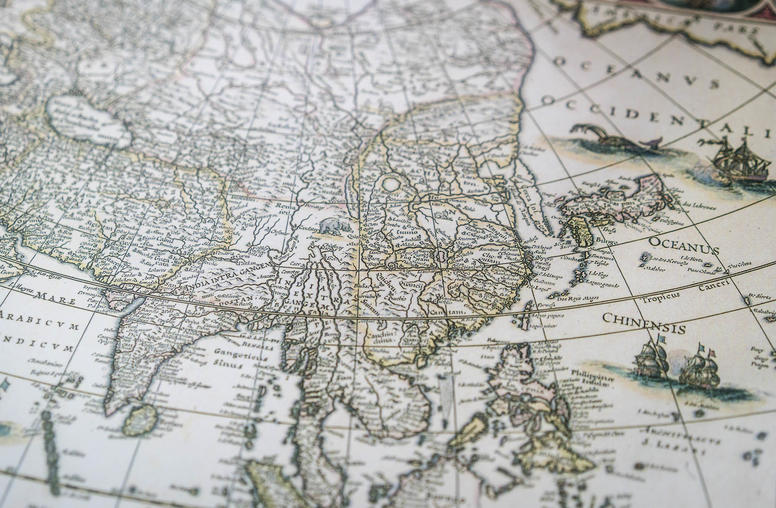
In Southeast Asia, U.S.-China Competition Is More Than A Two-Players Game
Alice Ba introduces the essay series, arguing that Southeast Asian countries are neither totally helpless nor completely without leverage when navigating U.S.-China competition.
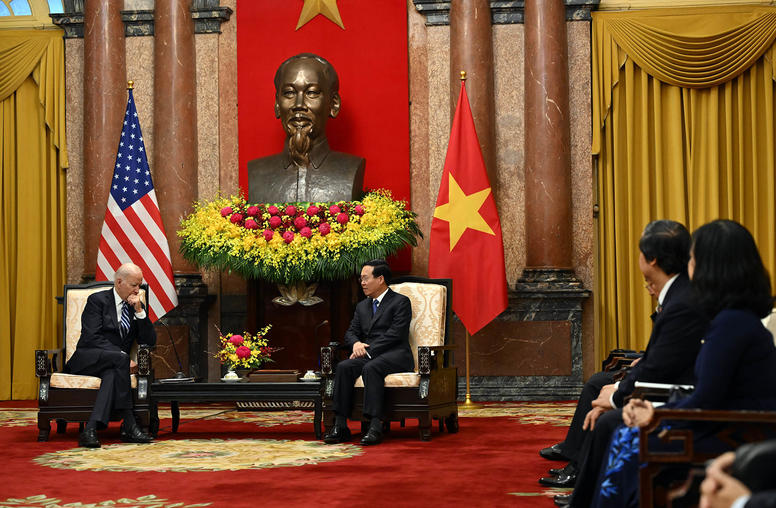
U.S.-China Competition Presents Vietnam with Risks and Opportunities
Nguyen Hung Son examines how U.S.-China competition is seen in Vietnam, highlighting opportunities and challenges for the future.
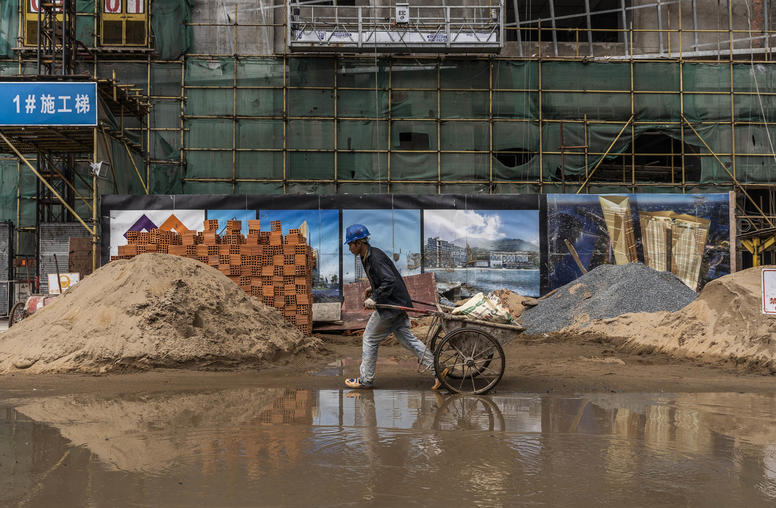
How Small States Navigate U.S.-China Rivalry: The Case of Cambodia
Charadine Pich and Chhengpor Aun explain three ways Cambodia’s agency plays out amidst U.S.-China strategic competition.

For the Philippines, Maritime Security Goes Beyond U.S.-China Rivalry
Charmaine Misalucha-Willoughby explains how maritime security is broader than geopolitics, including fishery and environmental dimensions which affect how small powers like the Philippines navigate great power rivalry.
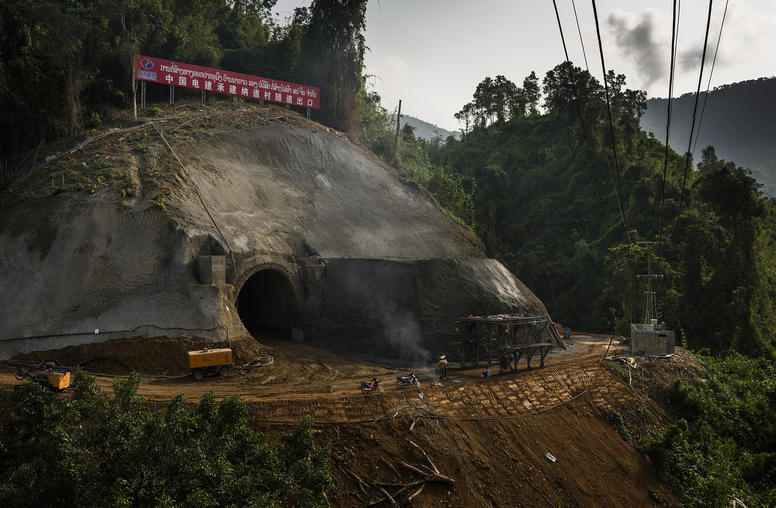
How Laos and Other ASEAN Countries Can Leverage U.S.-China Competition
Ambassador Mai Sayavongs argues that, while U.S.-China competition poses challenges for ASEAN, there are also opportunities for countries like Laos and others in Southeast Asia to leverage in this tense geopolitical moment.
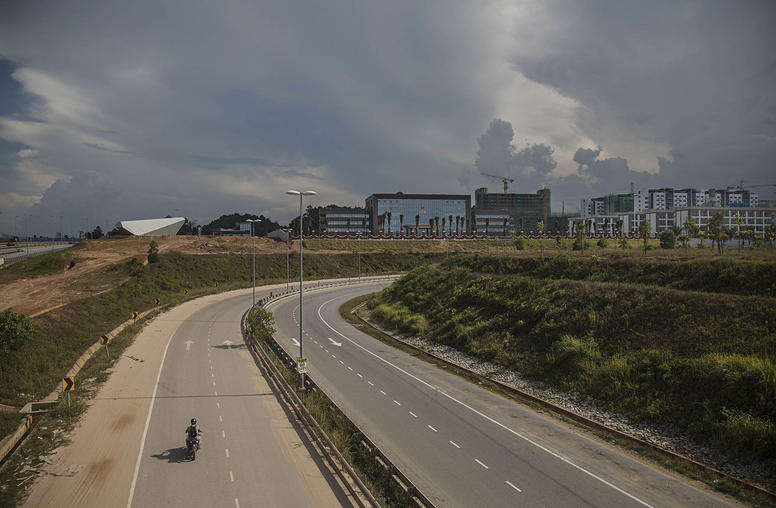
Active Neutrality: Malaysia in the Middle of U.S.-China Competition
Cheng-Chwee Kuik says Malaysia is pursuing active, inclusive, and prudent "equidistant diplomacy" to hedge against multiple risks and cultivate long-term options in the middle of U.S.-China competition.
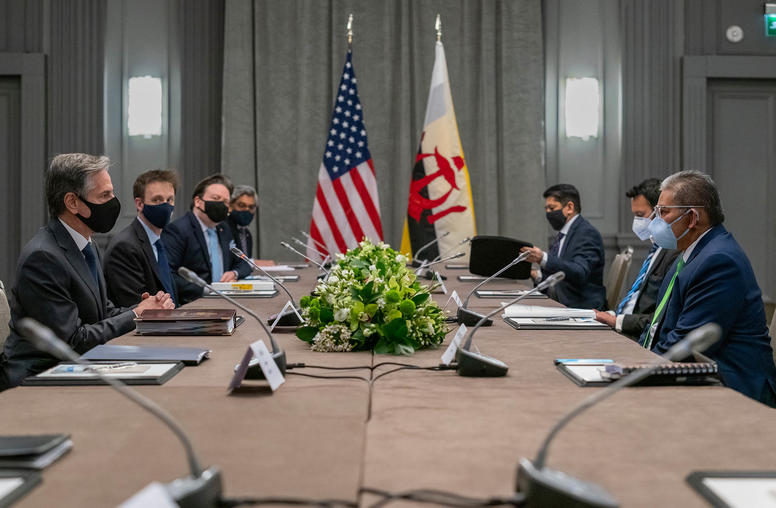
Why Brunei is Hedging Between the U.S. and China
Sufrizul Husseini says that Brunei seeks to advance its interests through relationships with Beijing and Washington while avoiding the dangers of rigidly tilting toward or away from either power.

How A Fractured Myanmar is Navigating U.S.-China Rivalry
Phyu Hnin explores how Myanmar’s civil conflict has made the country vulnerable to powerful foreign interests at the expense of Myanmar’s people — but that pro-democratic actors could use the U.S.-China rivalry to their advantage.

A Small State Heavyweight? How Singapore Handles U.S.-China Rivalry
Terence Lee explains how Singapore's form of governance arguably gives the city-state more latitude in addressing U.S.-China competition than other Southeast Asian nations.

